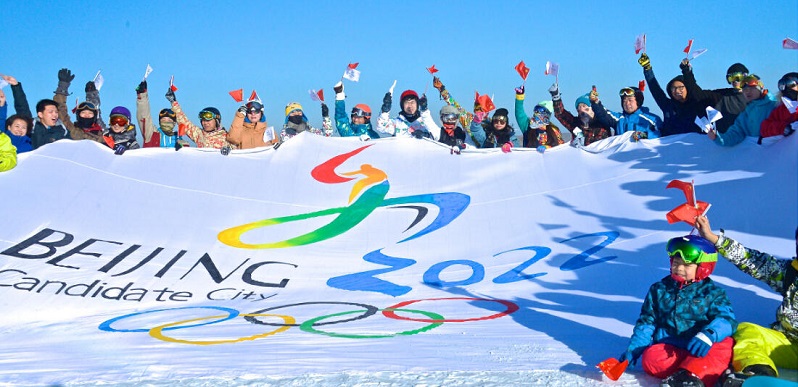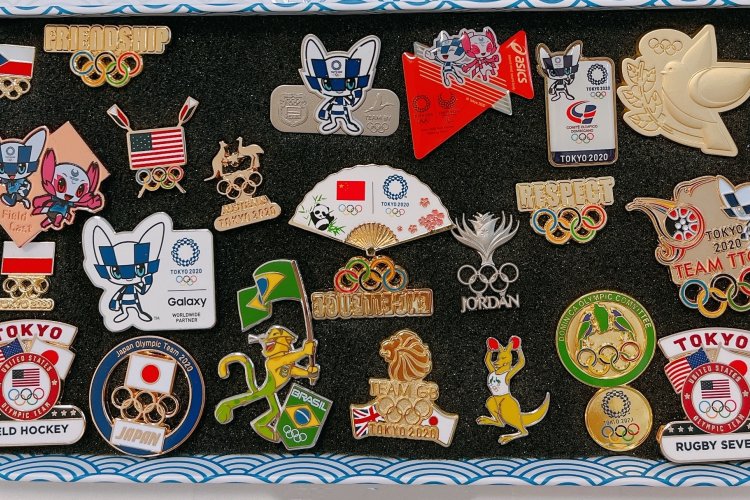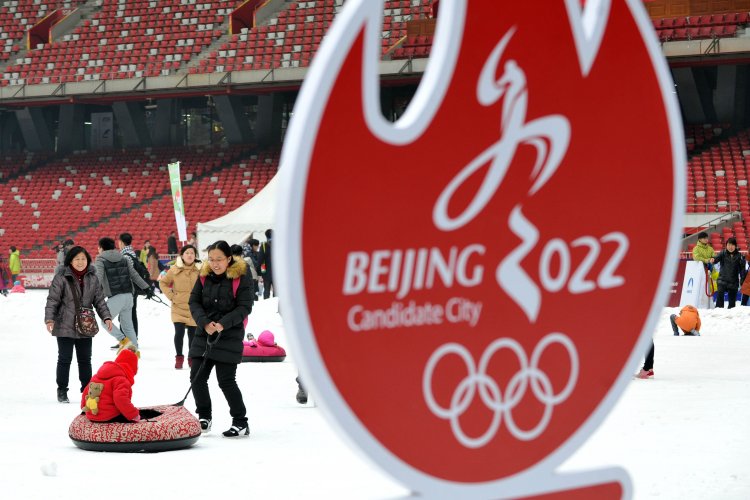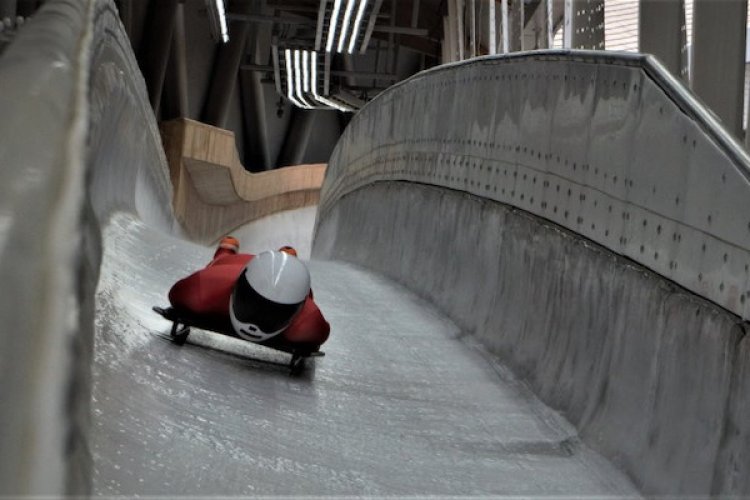On Eve of IOC Visit, Beijing Again Pledges Clean Air for 2022 Winter Olympics
The IOC's final inspection tour of Beijing before this summer's vote on who hosts the 2022 Winter Olympics begins Tuesday (Mar 24) – and Beijing is again pledging that the air will be clean for the games should they win the bid.
Air pollution may be one of the major issues holding Beijing back from becoming a virtual lock for clinching the bid, which no other city on earth wants except for Almaty, Kazakhstan.
According to the report on Xinhua net, Beijing has just launched a new plan which aims to cut PM 2.5 density by 20 percent by 2017. The new plan sets a much higher bar than the original one the government had set, and will cost at least RMB 48 billion.
Previously, we reported that Beijing was attempting to reduce smog at somewhere around 5 percent a year, and last year managed to reduce PM 2.5 by 4 percent (though PM 10 shot up). If the trend of a 4 percent reduction per year holds, we'll still be far away from national standards by 2022.
“We will try our best for the bid,” said Wang Anshun, mayor of the city and president of the Beijing 2022 Winter Games Bid Committee.
Of course we've heard Beijing make these pledges before – the same was promised for Beijing 2008, yet those games grappled with bouts of smog and if anything the air since then has gotten worse.
However much we doubt Beijing could meet those targets, we know the powers that be can effectively control pollution by shutting down factories and restricting car usage. They did a stellar job controlling bad air for most of the 2008 Olympics, and have repeated this on multiple occasions (here's to you, APEC blue), most recently earlier this month during the annual central governmental meetings.
Another linchpin in winning the bid, bizarrely, is for Beijing to demonstrate frugality and practicality in their bid.
Whereas previous Olympic bids have been won on promises of bombastic spectacle and massive infrastructure investment, the IOC shifted gears last year to seek more economical bids, partly due to the worldwide legacy of decaying Olympic venues and the increasing reluctance of cities to foot the bill for hosting the games.
All of this money-saving rhetoric came after Beijing initially placed their bid for the games, which includes things like building a brand new high-speed railway between Beijing and ski event host Zhangjiakou in order to make the venues within 50 minutes’ commute of each other.
Immediately following the IOC's inspection tour of Almaty last month, that potential host city actually pledged to trim their hosting budget by USD 550 million.
Almaty is considered the underdog in this two-city, race, though journalist Robert Livingstone of gamesbids.com makes a compelling reason why it could win out over Beijing: an economic bid that requires almost no additional venue construction; a geographically compact games layout that allows tourists to visit more than one event in a day; and perhaps most exciting of all, natural snow cover (the mountains near Almaty received 30cm of fresh snow yesterday, almost as much as the 38.5cm Zhangjiakou gets in an average year).
Meanwhile, it seems the 2008 Beijing Olympics are not quite over yet: medal winners from the games seven years ago are facing the specter of new drug testing, according to a report on ctvnews.
The IOC now plans to retest hundreds of samples from the 2008 Beijing games with more advanced methods and technology. According to IOC Medical Director Richard Budgett, the retests will use a new method that can detect the use of steroids going back months instead of days, a significant improvement in testing technology.
This is not the first time for the IOC to retest doping samples from Beijing. The first retest could be dated back to 2009 in which five athletes, including men’s 1,500 meters gold medal winner Rashid Ramzi, tested positive, and medals were stripped accordingly.
Despite our cynicism, we do hope Beijing wins the bid – if only to accelerate how serious Beijing is about tackling the air quality issue.
Follow all of our Beijing 2022 Olympic coverage here.







